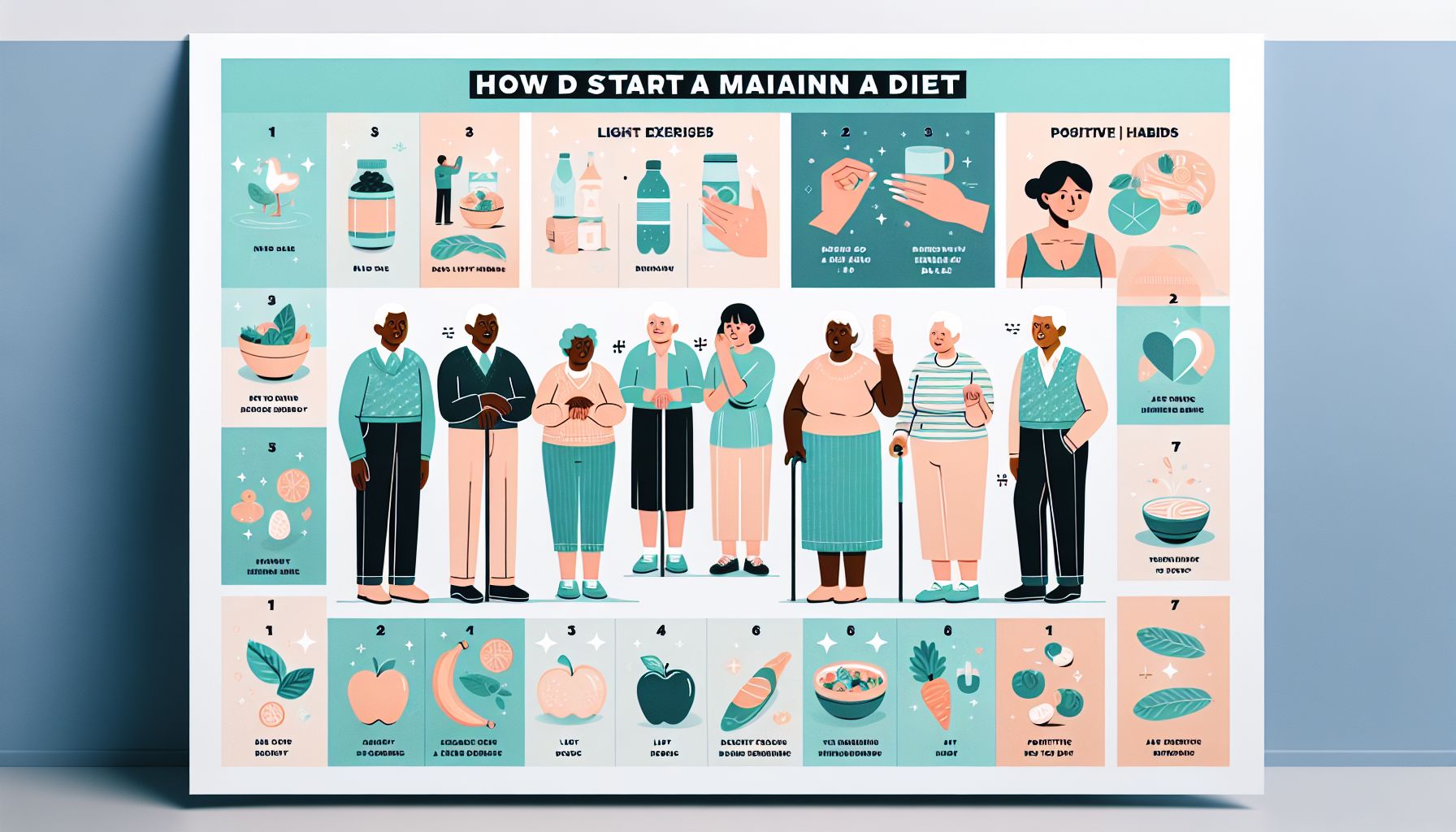Tips for Elderly: Starting a Diet and Staying with It
As we age, it becomes increasingly important to focus on our health and well-being. One key aspect of maintaining good health is to eat a healthy diet. However, starting a diet and sticking with it can be challenging, especially for the elderly. In this article, we will discuss some tips on how to start a diet and stay with it, while emphasizing the importance of building healthy relationships with food and those around you.
Introduction to Diet and Health
Eating a healthy diet is crucial for overall well-being, especially as we age. A balanced diet can help prevent chronic diseases, boost our immune system, and provide us with the energy we need to stay active and mobile. However, making changes to our diet can be difficult, and many elderly individuals may struggle to stick with a new eating plan.
Tips for Starting a Diet
-
Consult with a Healthcare Provider: Before making any significant changes to your diet, it is essential to consult with your healthcare provider. They can provide personalized advice and guidance based on your health needs and medical history.
-
Set Realistic Goals: When starting a new diet, it is crucial to set realistic and achievable goals. Start small, such as adding more fruits and vegetables to your meals, and gradually build on your progress.
-
Keep a Food Journal: Keeping a food journal can help you track your eating habits and identify areas where you can make improvements. This can also help you stay accountable and motivated to stick with your new diet.
Tips for Staying with a Diet
-
Build a Support System: Having a support system can make a significant difference in your ability to stick with a diet. This could be family members, friends, or a support group who can encourage and motivate you throughout your journey.
-
Focus on Enjoyable Foods: While it is essential to eat nutritious foods, it is also important to enjoy what you are eating. Find healthy recipes that you love and experiment with different flavors to keep your meals exciting.
-
Practice Mindful Eating: Mindful eating involves paying attention to your hunger cues, savoring each bite, and eating without distractions. This can help you make better food choices and prevent overeating.
Conclusion
Starting a diet and staying with it can be challenging, especially for the elderly. However, with the right support and motivation, it is possible to make lasting changes to your eating habits. By consulting with healthcare providers, setting realistic goals, keeping a food journal, building a support system, focusing on enjoyable foods, and practicing mindful eating, you can improve your diet and overall health. Remember, building healthy relationships with food and those around you is key to maintaining a healthy lifestyle as you age.
